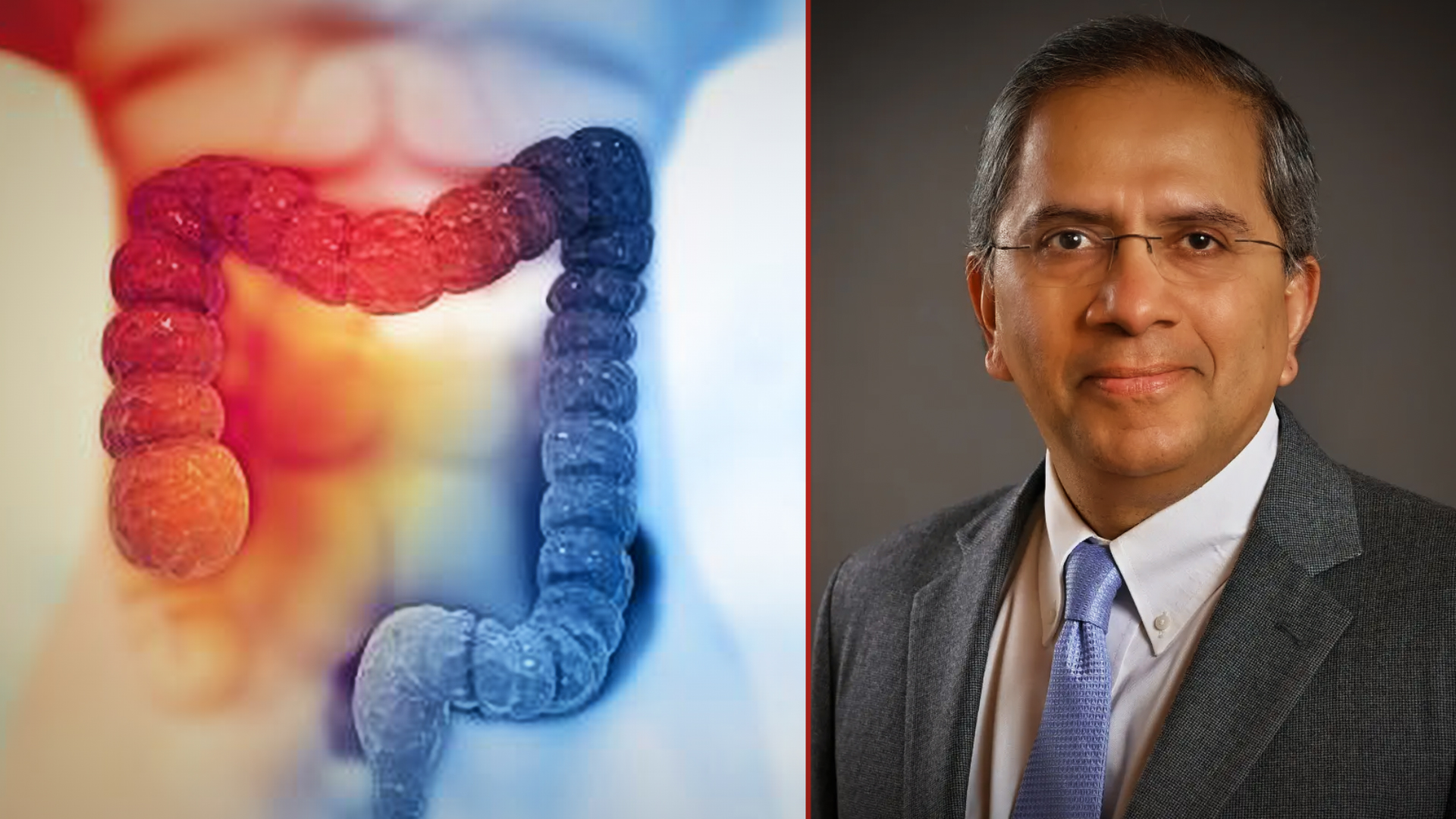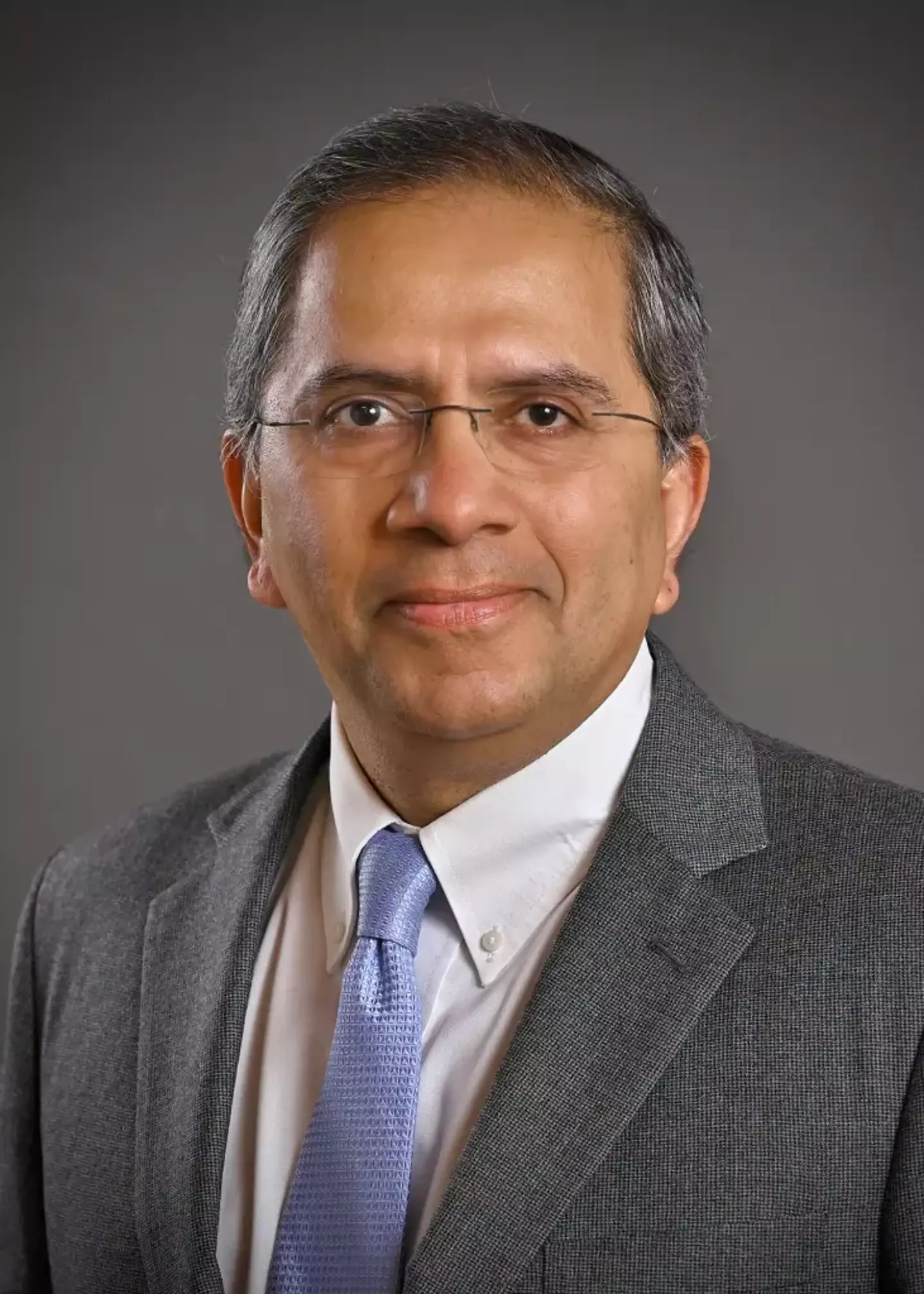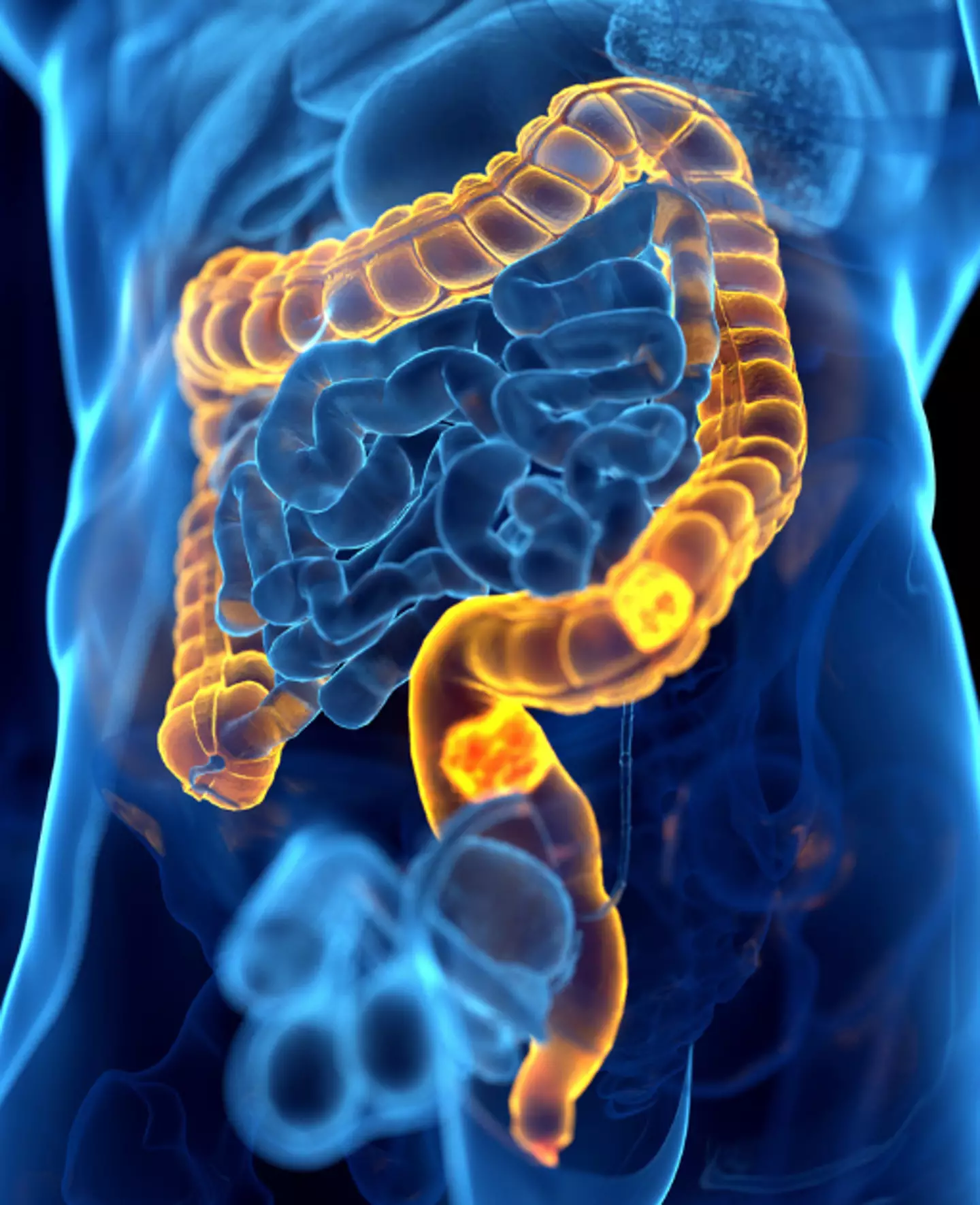Surgeon Reveals Key Advice to Prevent Colon Cancer as Cases Rise in People Under 50

In a world where colon cancer cases are on the rise, especially among individuals under 50, a leading surgeon has shared vital advice that could help save lives. Dr. Parul Shukla, a renowned colon and rectal surgeon with Northwell Health, has revealed the essential steps to take in order to prevent colon cancer before it starts affecting younger populations.
This advice comes amid growing concerns that the rates of colon cancer are increasing among adults aged 20 to 50, with recent reports from Cancer Research UK raising alarm about the rising prevalence of this cancer in younger age groups. Read more about these concerning trends on Cancer Research UK’s official site.
What Is Colon Cancer?
Colon cancer, also known as bowel cancer, is a significant health issue globally. It occurs when cancer cells develop in the colon or rectum and can be found anywhere in the large bowel. According to the World Cancer Research Fund, colon cancer is the third most common cancer worldwide. It is essential to understand the risk factors and symptoms to reduce the chances of being diagnosed.
Colon cancer symptoms may include:
- Changes in bowel habits
- Blood in the stool (which may appear red or black)
- Bleeding from the bottom
- Persistent feelings of needing to use the toilet even after going
- Abdominal pain
- A lump in the stomach area
- Unexplained bloating
- Unintentional weight loss
- Feeling unusually tired without cause
If you experience any of these symptoms, it’s crucial to seek medical advice promptly. For support, Macmillan Cancer Support offers a confidential helpline at 0808 808 00 00, available seven days a week.
Dr. Shukla’s Colon Cancer Prevention Advice
Dr. Parul Shukla, based in Westchester, New York, has been vocal about the need for early screenings, particularly colonoscopies, to help detect colon cancer before it advances. He recommends that individuals consider having a colonoscopy before the age of 45, especially if there’s a family history of colon cancer or pre-cancerous conditions like advanced adenomas.

“It’s vital to be proactive in this regard,” says Dr. Shukla. “Please don’t be shy about discussing the results of your colonoscopy with your loved ones, including children and siblings. You could save a life by sharing this information.”
Dr. Shukla explains that if someone has a family member with advanced adenoma (a type of pre-cancerous growth), this should be a key indicator for them to get screened earlier than the recommended age of 45. “Knowing your family’s medical history can be life-saving,” he stresses.
Sharing such medical history helps family members understand their risk, prompting earlier intervention that could drastically improve outcomes. Dr. Shukla’s open approach to this issue aims to normalize conversations around colon health and screenings. For a deeper dive into why family medical history matters, check out this article on cancer risk factors.
Shocking Data: Colon Cancer Rates in Younger Populations
Recent statistics have brought concerning attention to the increasing rates of colon cancer in younger populations, particularly among women under the age of 50. For years, colon cancer was considered a disease that primarily affected older adults, but this trend is changing rapidly. Dr. Parul Shukla highlighted that the incidence of colorectal cancer in individuals under 50, particularly women, has risen sharply in recent years, and the gender gap is becoming more pronounced. In fact, research suggests that women under 50 now face a higher risk of developing colon cancer than men in the same age group, which has caught many medical professionals off guard.
The reasons behind this rise in colon cancer among younger people are still not fully understood, but experts suggest that a combination of genetic predisposition, unhealthy diets, sedentary lifestyles, and environmental factors could be contributing to the increase. The typical Western diet, which is high in processed foods, sugars, and fats, may be playing a significant role in the growing incidence of colon cancer in younger individuals. Furthermore, the increasing prevalence of obesity and lack of physical activity, combined with high stress levels, may contribute to the rising number of cases in this demographic.
The data regarding this shift in age groups is shocking and underscores the importance of early detection and preventative measures. While colon cancer screenings are typically recommended for individuals over the age of 45, it is now essential for younger adults, particularly those with a family history of the disease, to consider screening earlier. Genetic testing may also be necessary for individuals with a known family history of colon cancer or polyps, as it can help identify high-risk individuals who need closer monitoring.
The growing incidence of colon cancer in younger populations is a public health concern, and the medical community is urging both individuals and healthcare providers to prioritize early screenings and awareness. Addressing lifestyle factors, increasing physical activity, and promoting a healthy diet are key to reversing this alarming trend. As research continues, it is hoped that more answers will be found to explain why this shift is occurring, helping to better equip society in the fight against colon cancer.
Understanding the Importance of Colonoscopies
Colonoscopies are the gold standard for detecting colon cancer early. These screenings allow doctors to examine the inner lining of the colon and rectum, helping to identify any abnormalities or early signs of cancer. For those with a family history of colon cancer, earlier and more frequent screenings are advised.
Dr. Shukla encourages individuals to not only undergo colonoscopies but also to openly discuss the results with close family members. Such transparency could lead to earlier diagnoses and better outcomes for other family members who might be at risk.

For further details on how colonoscopies work and why they’re essential, visit this guide on colonoscopies.
What You Can Do to Reduce Your Risk
Reducing your risk of colon cancer is possible with a combination of lifestyle choices and regular screenings. A healthy diet plays a critical role in maintaining optimal colon health. Including plenty of fiber-rich foods such as whole grains, fruits, vegetables, and legumes can help maintain a healthy digestive system and may reduce the risk of colon cancer. Fiber aids in digestion and helps in maintaining bowel regularity, which is essential for reducing cancer risks.
Along with a healthy diet, regular physical activity can significantly lower the chances of developing colon cancer. Engaging in activities like walking, jogging, cycling, or swimming for at least 30 minutes on most days of the week not only improves overall health but also helps regulate weight, which can be a key factor in reducing colon cancer risk.
Avoiding excessive alcohol consumption is another crucial step in preventing colon cancer. Studies have shown that heavy drinking can increase the risk of colon cancer, so it’s recommended to limit alcohol intake or abstain entirely. Additionally, tobacco use has long been linked to various types of cancers, including colon cancer. Quitting smoking or avoiding tobacco altogether significantly reduces your cancer risk.
Maintaining a healthy body weight is an essential preventive measure. Obesity and being overweight are strong risk factors for colon cancer, as excess body fat may lead to inflammation and changes in hormones, which can promote cancer growth. Therefore, balancing calories through healthy eating and exercise can lower the risk of developing this disease.
Overall, adopting a healthier lifestyle can dramatically improve not only your general well-being but also reduce your risk of colon cancer. Incorporating these habits along with regular screenings is an excellent way to safeguard your health.
For more tips on cancer prevention, explore Cancer Research UK’s advice.
Conclusion: Taking Action Against Colon Cancer
Colon cancer is a serious health concern, and with cases rising among younger people, particularly women, early detection and preventative measures are more important than ever. Dr. Parul Shukla’s advice to be proactive about screening, especially if you have a family history of colon cancer, could make all the difference in saving lives.
Don’t hesitate to have open conversations with your loved ones about family medical history and encourage them to get screened. By understanding your risk and taking preventive steps, you can reduce your chances of developing colon cancer.
For more information on colon cancer prevention and treatment, stay informed through resources like Cancer Research UK and the American Cancer Society.
Featured Image Credit: Northwell Health/Getty Stock Image






